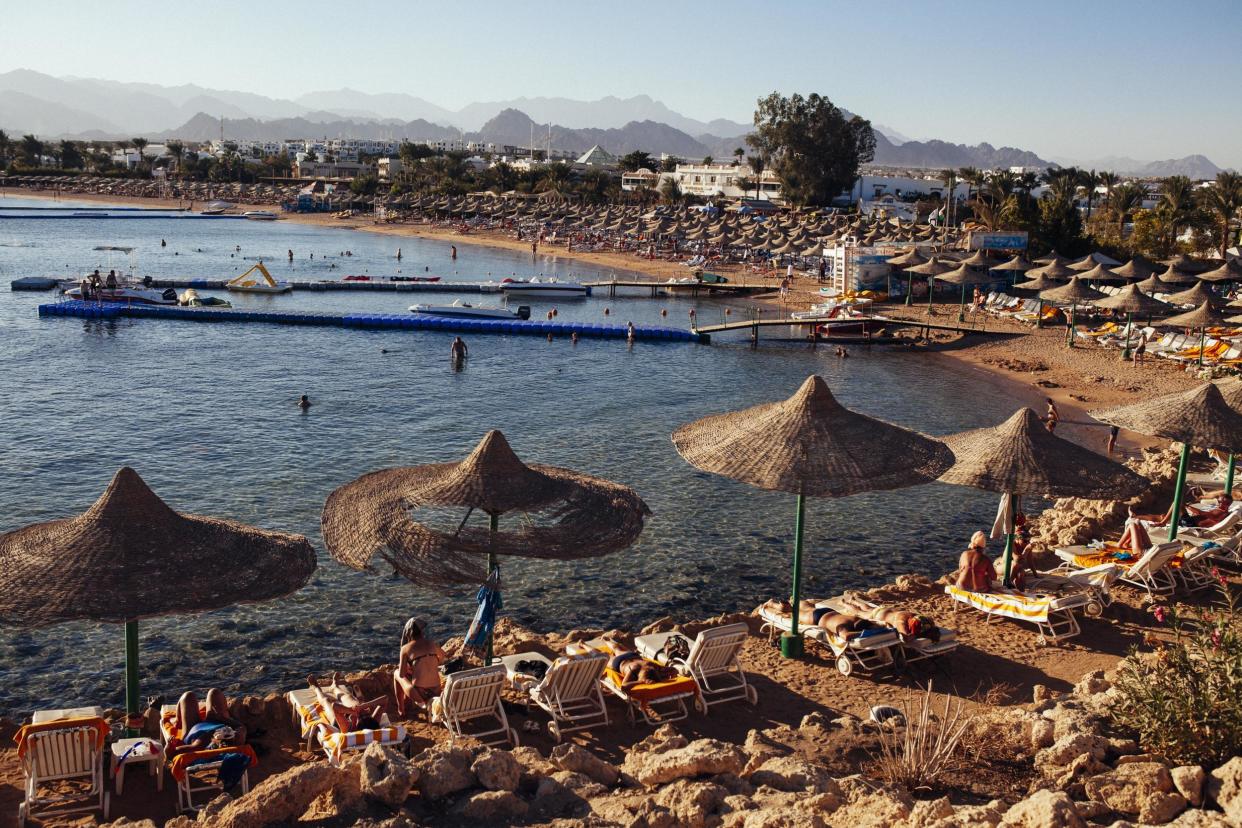Exclusive: Why British holidaymakers in Europe have never been safer

British holidaymakers travelling abroad have never been safer – and the main reason is dramatically improved road safety.
Research by The Independent has concluded that the average death toll on the roads since 1991 has fallen by two-thirds across western Europe.
Spain, the most popular destination for British tourists, has done even better. Road safety has seen a five-fold improvement, with road deaths 81 per cent lower than they were a quarter-century ago. Only neighbouring Portugal has done better, with 82 per cent fewer fatalities.
Road accidents are the main cause of death for UK holidaymakers, and the dramatic enhancement of road safety in key destinations means the overall risk profile has dwindled, even as concerns over terrorism increase.
Better policing, particularly of reckless and drunk drivers, means the Iberian peninsula is far safer. Spain used to have almost twice as many fatalities as Britain; but now has 6 per cent fewer. And in Portugal in 1991 there were 62 road deaths a week; last year, that had fallen to 11.
France, Germany and Austria have also seen big improvements, becoming three times safer over a quarter-century.
Britain, Belgium, Ireland and Greece are 2.6 times safer than they were. But two countries have slipped behind the improvement curve: the Netherlands and Italy, which are 2.4 times better. Italy is now the major European country with the worst fatal accident record.
Edmund King, president of the AA, said: "One significant factor was the introduction of the Euro NCAP car crash testing programme 20 years ago this month.
"The Rover 100 tested 20 years ago got one star and was a death trap. The equivalent Supermini [class of automobile] today often gets five stars and occupants are highly likely to survive even serious crashes.
“Road safety also has gone higher up the political agenda in Europe since the UN Decade of Action on road safety was launched in 2011. We have also seen radical changes in enforcement priorities in countries such as France in relation to drink driving laws and speeding. This has saved lives."
Once beyond the European Union, roads become much more dangerous. Turkey has almost four times as many road fatalities per capita than Britain, while Egypt is almost off the scale: in a country where car ownership is lower than the UK, the fatal accident rate is nearly 10 times higher.
King said the global picture contradicts the improvement in Europe: “We can’t be complacent particularly if travelling in the developing world."
Ninety per cent of casualties from road deaths occur in developing countries.
Nearly 1.3 million people are killed on the world's roads each year, and that is forecast to rise to 1.9 million by 2020.
The latest figures from the World Health Organisation show that the popular destinations of South Africa, Kenya and Thailand are among the most dangerous countries for road users.


